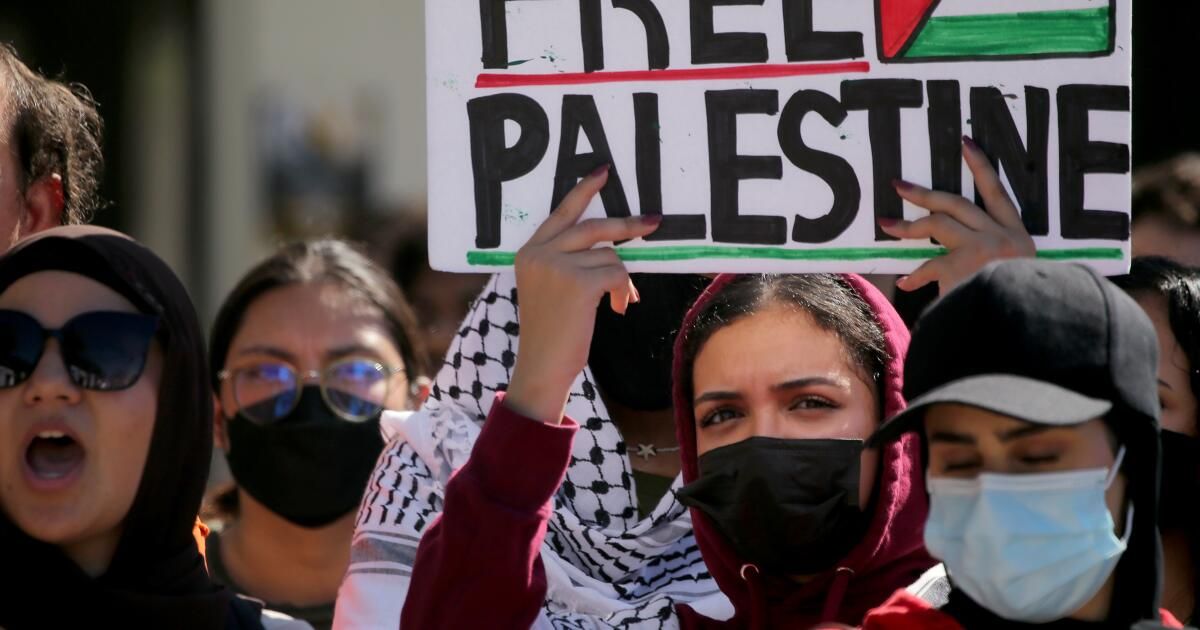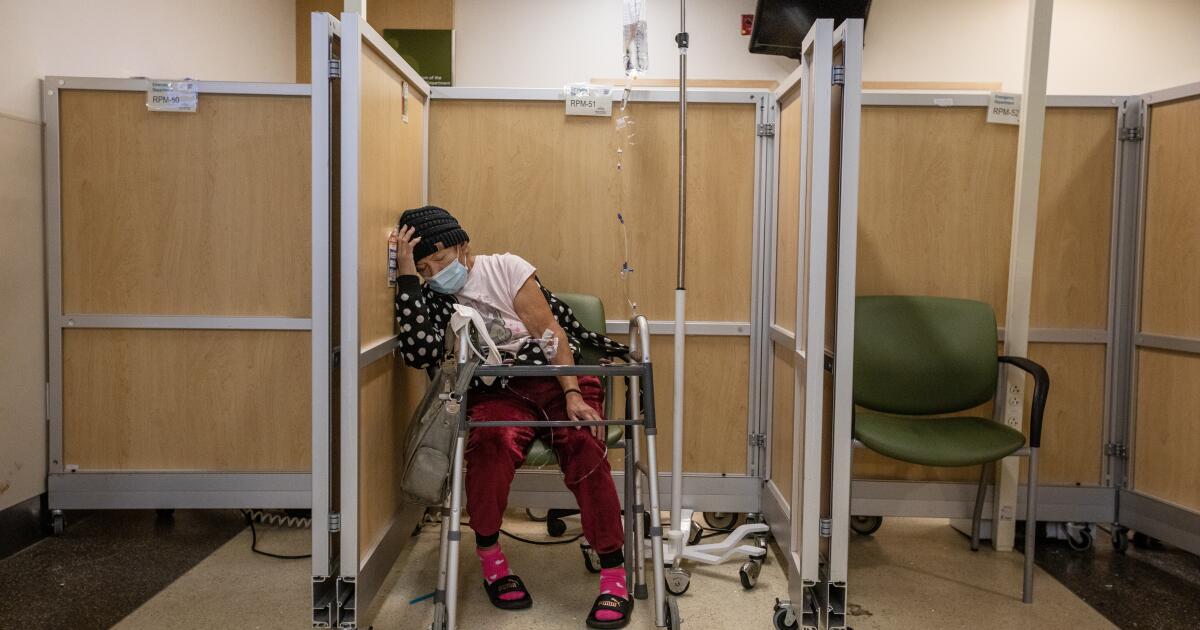These are bitter and confusing times at many American colleges and universities. For some students, campuses have become hostile and sometimes even threatening places. Complaints of civil rights violations in higher education have increased more than tenfold among Jewish and Muslim/Arab students following the October 7 Hamas attack and subsequent retaliation by Israel.
There are a few ways the federal government can respond. Pointlessly, members of Congress held hearings in the fall to harangue the presidents of Harvard, MIT, and Penn for hours until they recklessly said that context matters in determining whether a call for the genocide of Jews would violate their schools’ rules. .
Some lawmakers are pushing harmful bills like HR 3773. The legislation, which passed the House, would defund federal financial aid programs at universities that “sanction” anti-Semitic events on campus, which could potentially be interpreted as including to a pro-Palestinian group. that is exercising your First Amendment right to protest Israel’s actions. The bill offers no such protection to Muslim students or other groups.
Then there is a more productive path taken by the US Department of Education by having its Office for Civil Rights investigate complaints of anti-Semitism and Islamophobia on multiple campuses. Instead of political grandstanding, federal officials will examine whether schools have violated Title VI of the Civil Rights Act, which prohibits discrimination on the basis of race, color or national origin at any institution that receives federal funds. At least 15 universities (the number changes as the office adds more schools) have come under scrutiny, including several in California: UCLA, UC San Diego, Stanford University, UC Berkeley School of Law and Santa Monica College.
The civil rights arm of the Department of Education has enormous power over universities because almost all of them, including private ones, receive some federal funding, whether for research or financial aid. Under then-President Obama, the civil rights office changed, mostly constructively, the way higher education deals with allegations of sexual assault on campus.
The public reacted with understandable dismay when presidents of prestigious universities did not make clear that calls for genocide against any group were unacceptable for their schools. But the truth is that the law and society have placed university administrators in a difficult position and they must take context into account. The First Amendment, at least in public schools, only allows exceptional restrictions on free speech in the case of incitement to illegal actions, such as violence against a protected group.
Free speech rights still take priority if one group of students makes another group feel uncomfortable, but what happens when that group feels scared and in danger, even if no direct threat has been made? Administrators can run into trouble in any direction they choose.
Federal investigators will have to untangle some thorny cases and others that seem fairly clear-cut. At Wellesley College, an all-women’s school in Massachusetts, resident assistants (students who are paid to monitor the well-being of other students in their dormitories) sent messages purportedly saying that “there should be no space, no consideration, no support for Zionism within the Wellesley College community.”
It followed a civil rights complaint filed by the Brandeis Center, a Jewish civil rights organization, saying Wellesley’s leadership failed to act quickly and decisively against a message that made Jewish students feel like outcasts in their own dorm. The university president said in a statement that attendees had apologized. Was it enough, considering that students now know how those attendees feel? Should the assistants have been fired? Were they forced to apologize, a possible infringement on their right to free speech? It’s a difficult line to discern.
Santa Monica College’s choice was clearer: In October, a student council denied official club status to students who supported Israel. University administrators overturned that decision, and students thanked them for their “quick response to our concerns.” It was the appropriate response. Universities cannot prevent discriminatory actions. They can only respond.
The Office of Civil Rights can bring much-needed sanity to the situation. Instead of disciplining schools, your goal should be to get them out of this confusion and establish clear guidelines on how to protect students from discrimination while protecting their expression.












